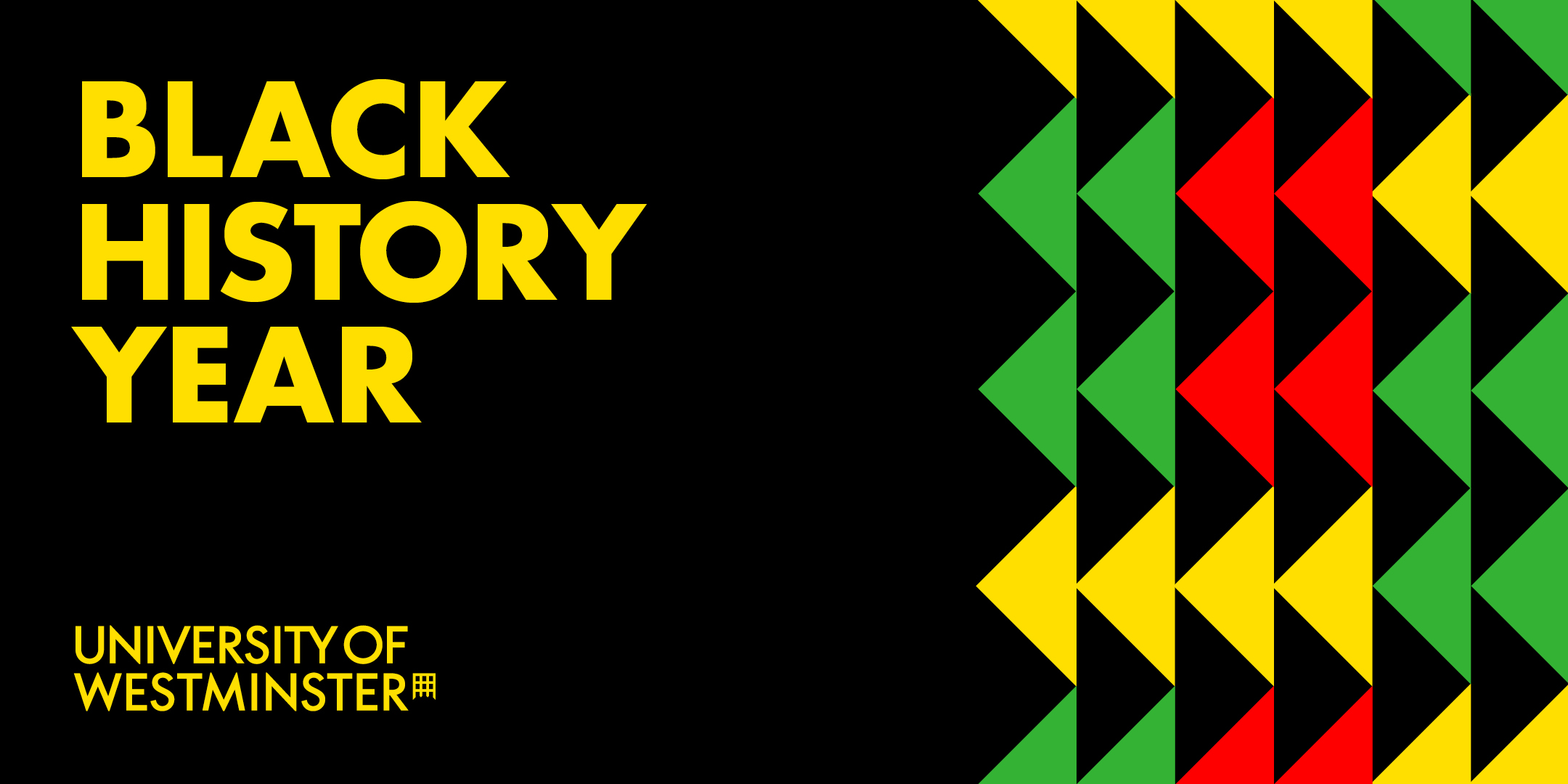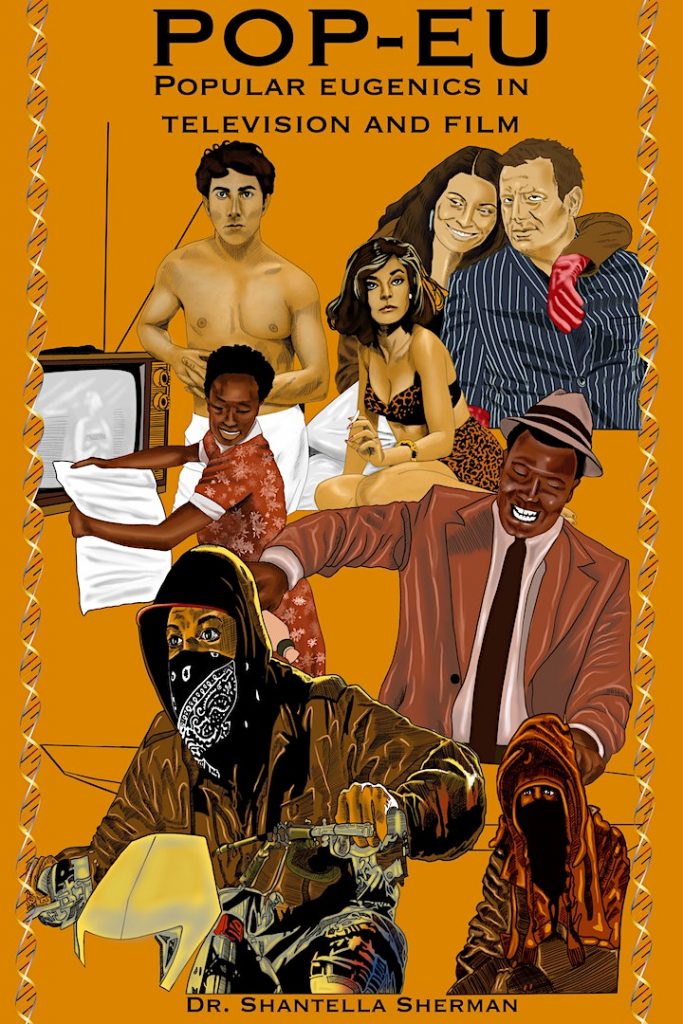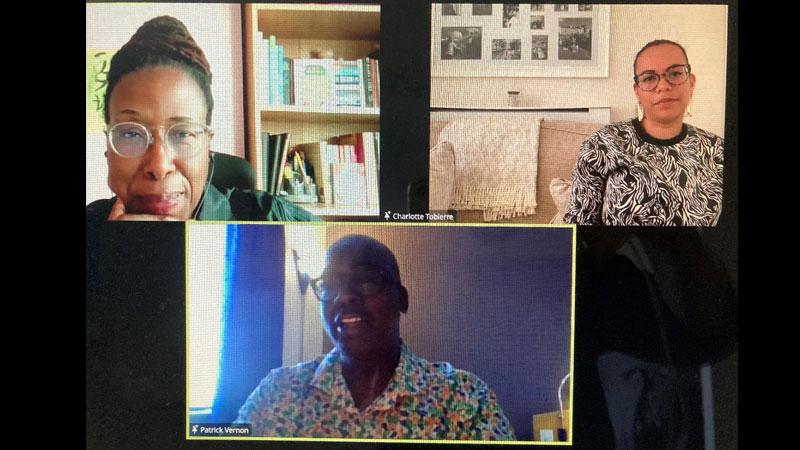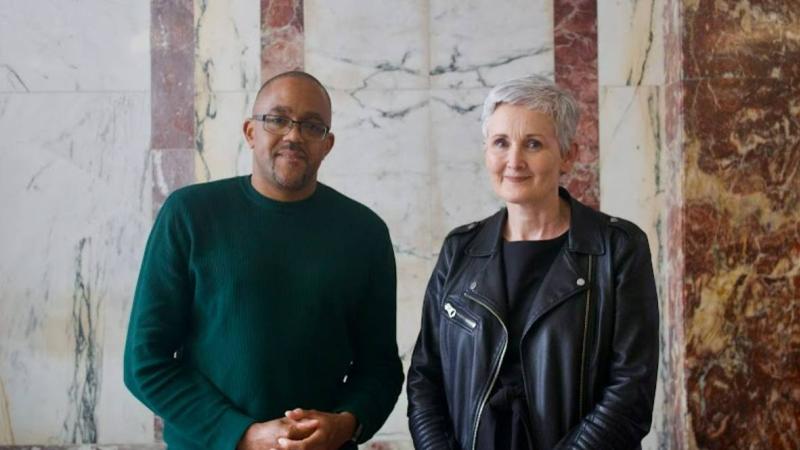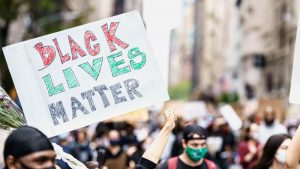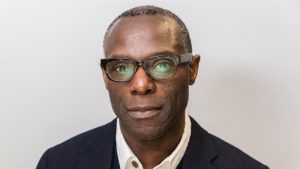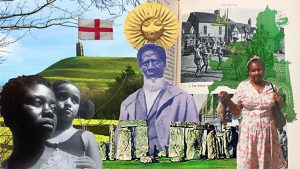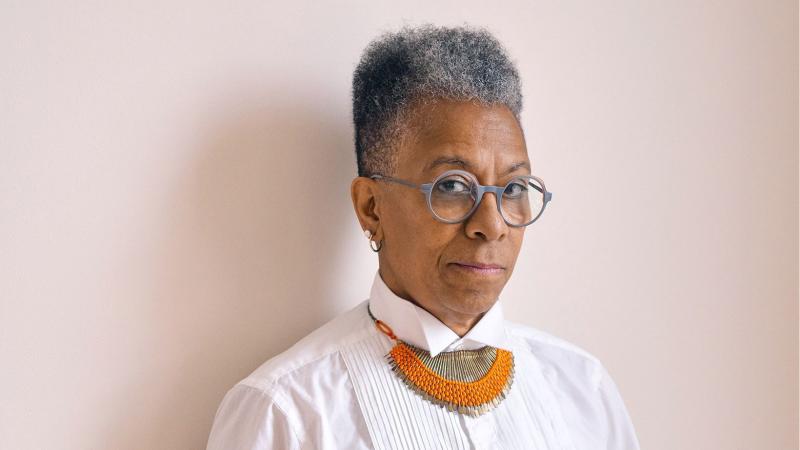Events
BHY Celebrate!
October 25th at 6pm, Regent Street campus
Commemorating the richness and significance of Black History Month. An evening of culture, unity, and celebration as we pay homage to the remarkable achievements and creativity of the Black community.
“BHY Celebrate!” is a night filled with vibrant displays of talent that reflect the kaleidoscope of the Black experience. From riveting spoken word performances that echo the voices of the past to musical showcases that move your soul with opportunities to connect, learn, and share.
“BHY Celebrate!” is more than an event – it’s an embodiment of pride, resilience, and the power of unity. We’ll be honouring the past, celebrating the present, and envisioning a future of continued progress and understanding. Let the music, the laughter, the conversations, and the vibrant energy remind us all of the remarkable journey that has brought us to this moment. Together, we’ll make history by celebrating history.
Book your ticket to join us here.
Historical Racial Trauma: A Roadmap from the Past, Present, and Future
November 14th at 6pm, online
Join us as we invite Dr Carlette Norwood in a unique online event where we’ll explore the racial trauma, how it affects us and how we can mange it moving forward.
The effects of racism can be described as racial abuse, racial trauma, and racial battle fatigue, and can manifest intergenerationally for many generations. Historical trauma is the “cumulative emotional and psychological wounding over a lifespan and across generations, emanating from massive group experiences” (Brave Heart, 1998). Any people whose culture has a history of oppression or genocide may experience the effects of trauma which have been handed down generationally. History, as it relates to the Black experience, is a common thread that connects ancestral traumatic experiences to present-day historical events that have occurred across our lifespan, and we often use history as a metaphoric map or timeline that guides those experiences toward our future.
However, historical knowledge of past racism is more prevalent among Black people than white people who show little historical knowledge of racism in both isolated incidents and systemic manifestations of racism. Therefore, their lack of knowledge and understanding of racism from the past strongly suggests a lack of knowledge and understanding of racism in present-day and provides a foundation for denial and inaction about injustice. This phenomena helps perpetuate historical racial trauma among Black people.
You can find out more and book online here.

